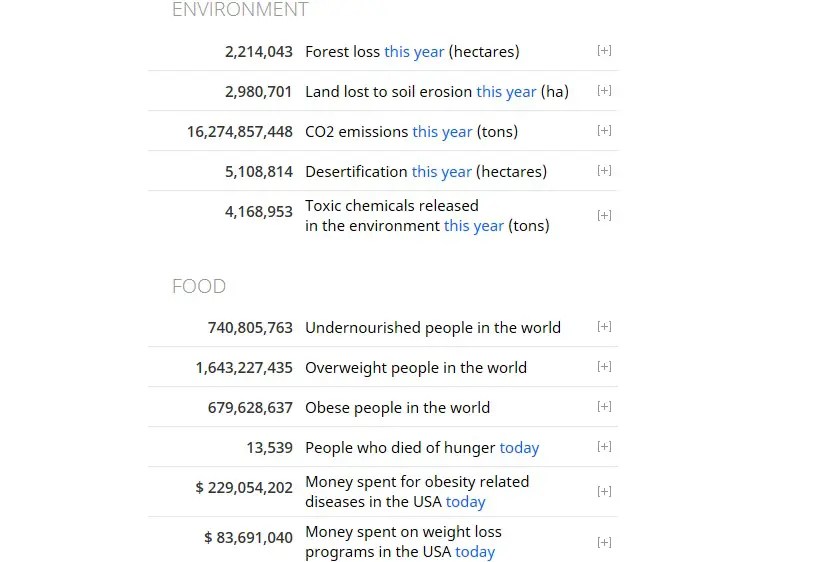Last Updated on June 30, 2025 by Karl Thompson
Some useful links to good teaching resources for Globalisation and Global Development.
Good resources providing an overview of global trends and global inequalities:
Firstly, this 2016 video imagines the world as 100 people, and so illustrates what percentage of people live on less than $2 a day and so on (once you get through the ‘basic’ stuff on ethnicity/ religion etc…
A few stand-out facts are:
- 1% of the population own 50% of the world’s wealth
- 15% don’t have access to clean water
- less than 50% have access to the internet
Secondly, Worldometers provides real time world statistics on population, the environment, food, health and media and society.

A few stand-out facts are…..
- The total number of malnourished people in the world is decreasing!
- The total number of people with no access to clean drinking water is also decreasing!
- HOWEVER, we’re losing approximately 20 HA a minute to desertification and 10 HA a minute to deforestation, which could undermine both of the above in the future.
Good resources for researching individual countries
- The United Nation’s Country Profiles are probably the most accessible place to start – each country’s page gives you basic development indicators which you can then click on to expand.
- The World Bank’s Open Data is also useful – follow the link and you can either search or browse by country.
- The CIA World Fact Book is a useful source for more qualitative information on a country by country by country basis, organised into various categories such as geography, population, economics, politics and so on…
Good Resources for tracking ‘Indicators of Development’
- The United Nations Human Development Report – Data – click on the links to the left to access tables which rank countries according to the basic Human Development Index, the Gender Equality Index and more.
- World Health Organisation – very useful for tracking trends in health and development.
Good Resources for other aspects of global development
- PISA homepage – monitors educational achievement in over 40, mainly developed, countries.
- PISA 2015 Results – scroll down to find the ‘league tables’ which rank all participating countries in order.
- Stockholm Peace Institute – tracks trends in global military expenditure and other issues related to peacefulness.
- Perceived Corruption Index – Transparency International
- The World Happiness Report – An attempt to measure and track trends in feelings of happiness and well-being.
More to follow shortly!
🌍 For a full range of revision resources on theories of development, global inequality, aid, and trade, check out my A level sociology Globalisation and Global Development page .